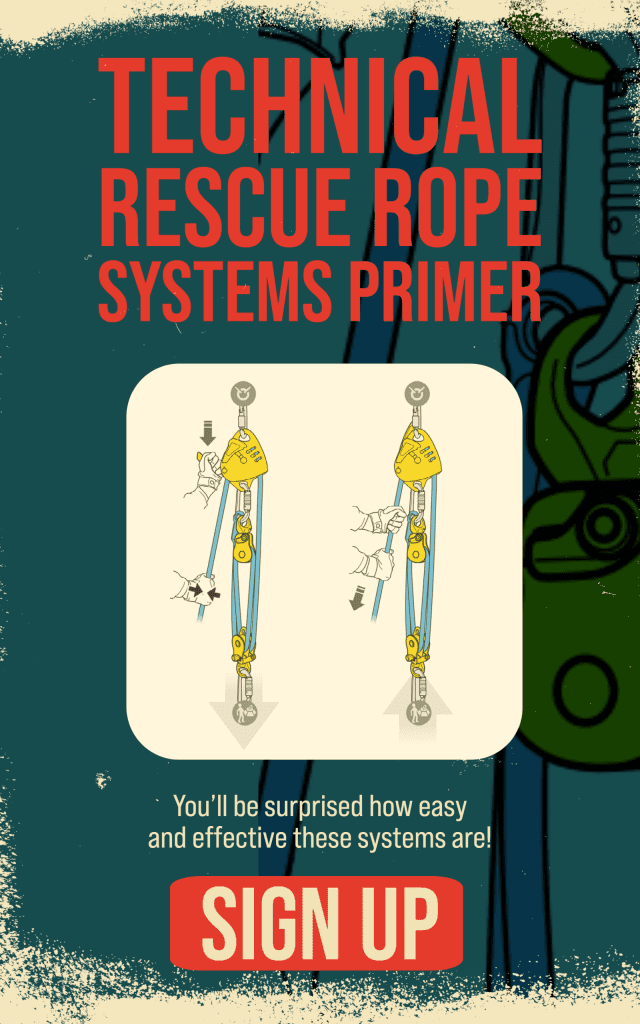Welcome to the Rigging Lab
@Rescue Response Gear Rigging Journal
Nobody Should Be Confused - We Make It Simple and Easy
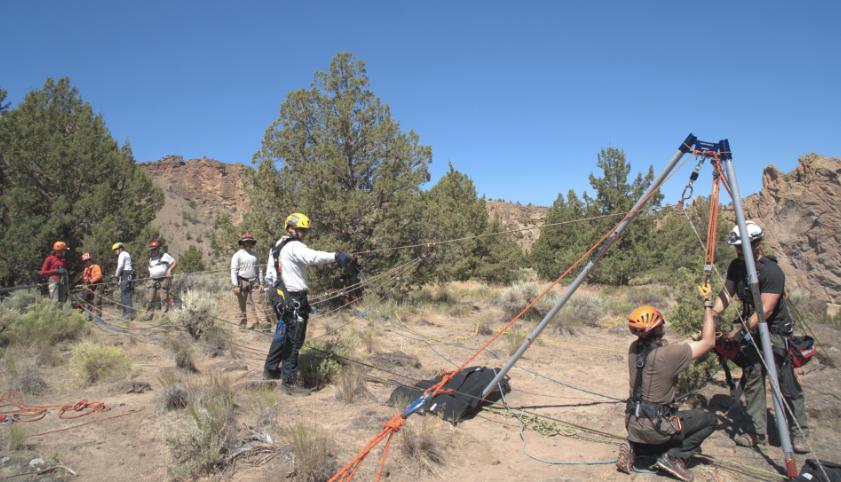
Metacognition in Rigging and Rescue Operations
Metacognition, Knowledge, and Perception in Rigging and Rescue Operations Trigger Warning! – This course (to some) reads like the Tao Te Ching or Ancient Proverbs.
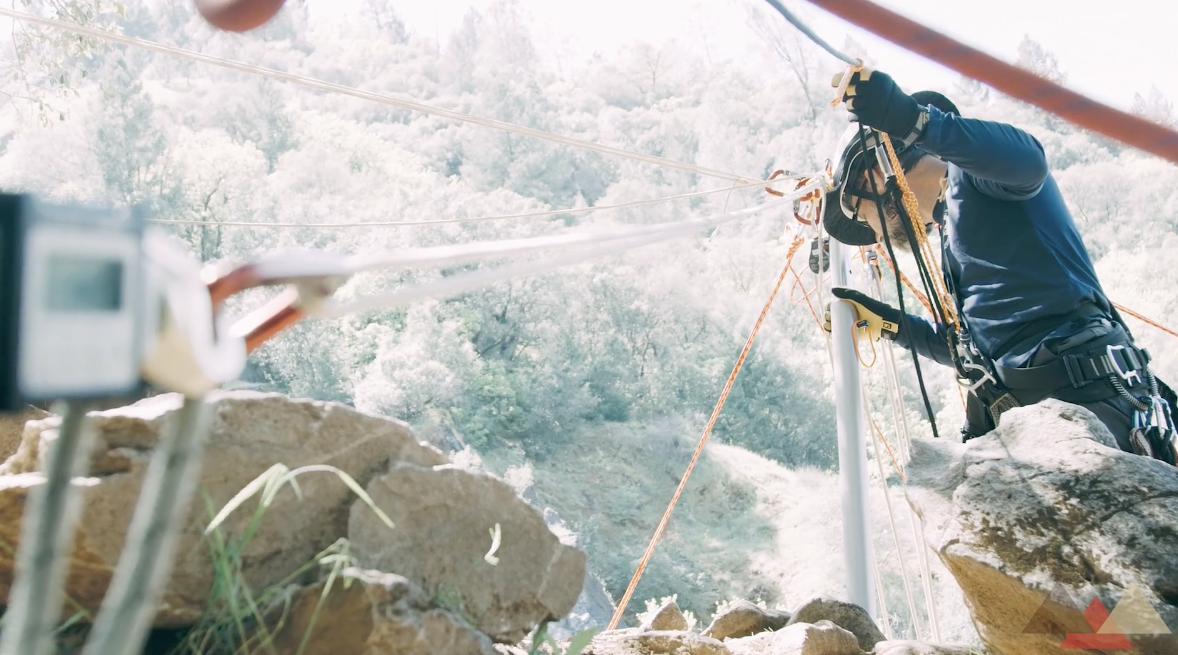
Mastering the Two-Tension Rope System
Introduction to Two-Tension Rope Systems The two-tension rope system is a fundamental component in high-angle rescue operations, representing the primary method taught by RLA (Rescue
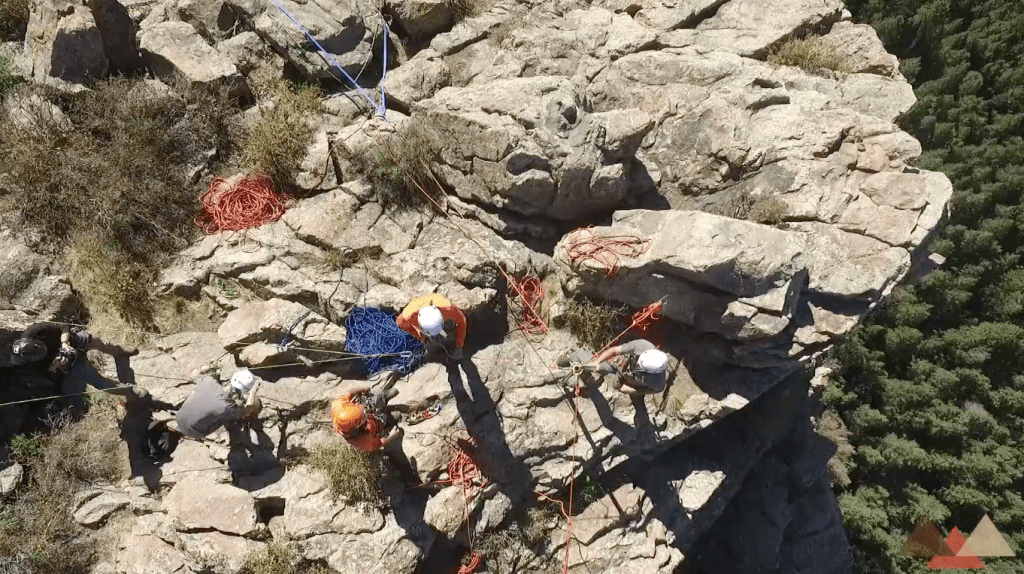
Rope Rescue Guide to NFPA 2500 for Emergency Services
The National Fire Protection Association (NFPA) is renowned for setting standards that ensure the safety and efficiency of emergency services. Among these, NFPA 2500, titled
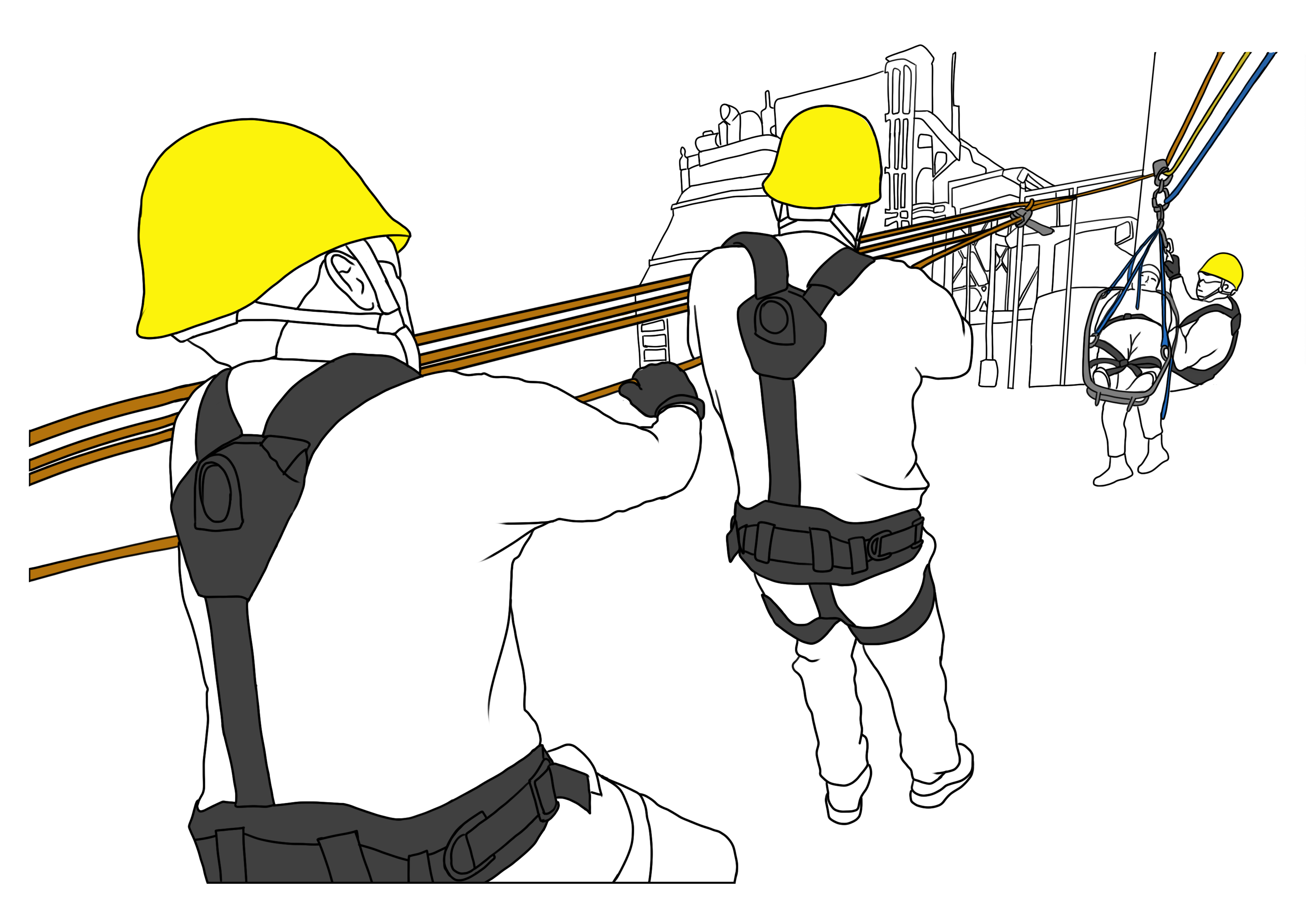
Raising Systems and Mechanical Advantage in Rescue
Effective rescue operations often require the use of raising and lowering systems to safely move individuals and equipment. Understanding mechanical advantage systems is crucial for

Confined Space Rescue Technician | Advanced Techniques and Equipment
Confined space rescue at the technician level involves advanced skills and specialized equipment to manage the most challenging scenarios. This blog covers critical aspects of
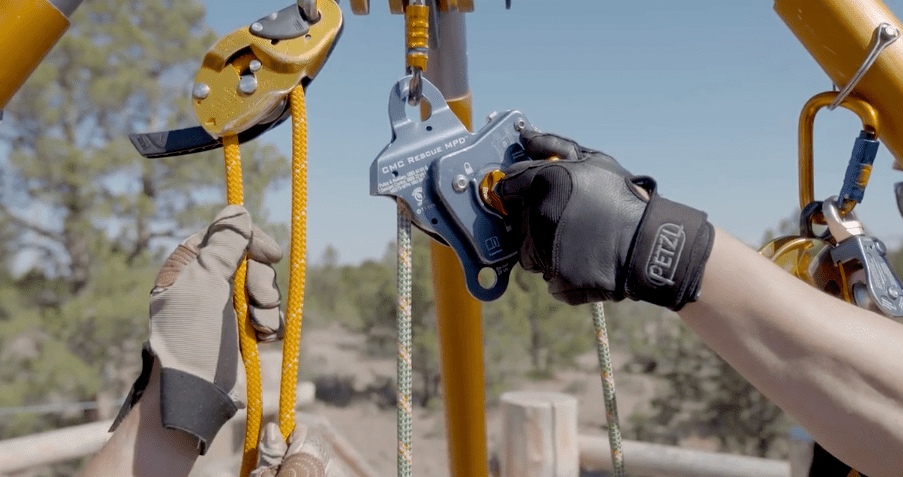
Confined Space Rescue Operations | Essential Skills and Techniques
Confined space rescue operations require a high level of skill, precise techniques, and comprehensive knowledge of safety protocols. This blog covers key components of confined

Confined Space Rescue Awareness | Strategies & Tactics
When it comes to confined space rescue, preparation and knowledge are paramount. This blog delves into the crucial aspects of confined space rescue awareness as
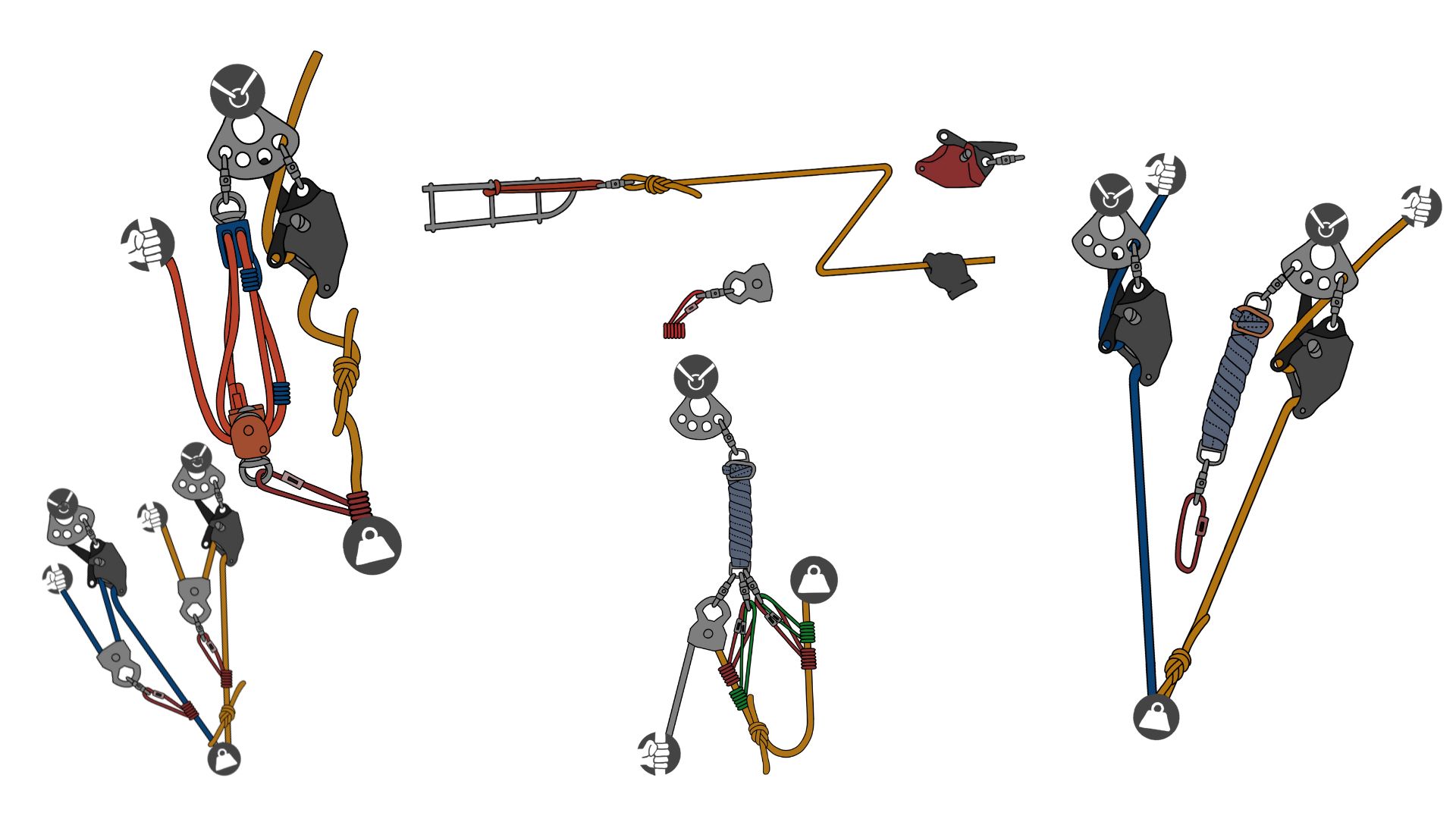
Mastering Challenges: Moving Around Problems with Expert Techniques
In the world of rigging, passing knots through a system is a crucial skill that parallels the challenges we face in life. Instead of pushing
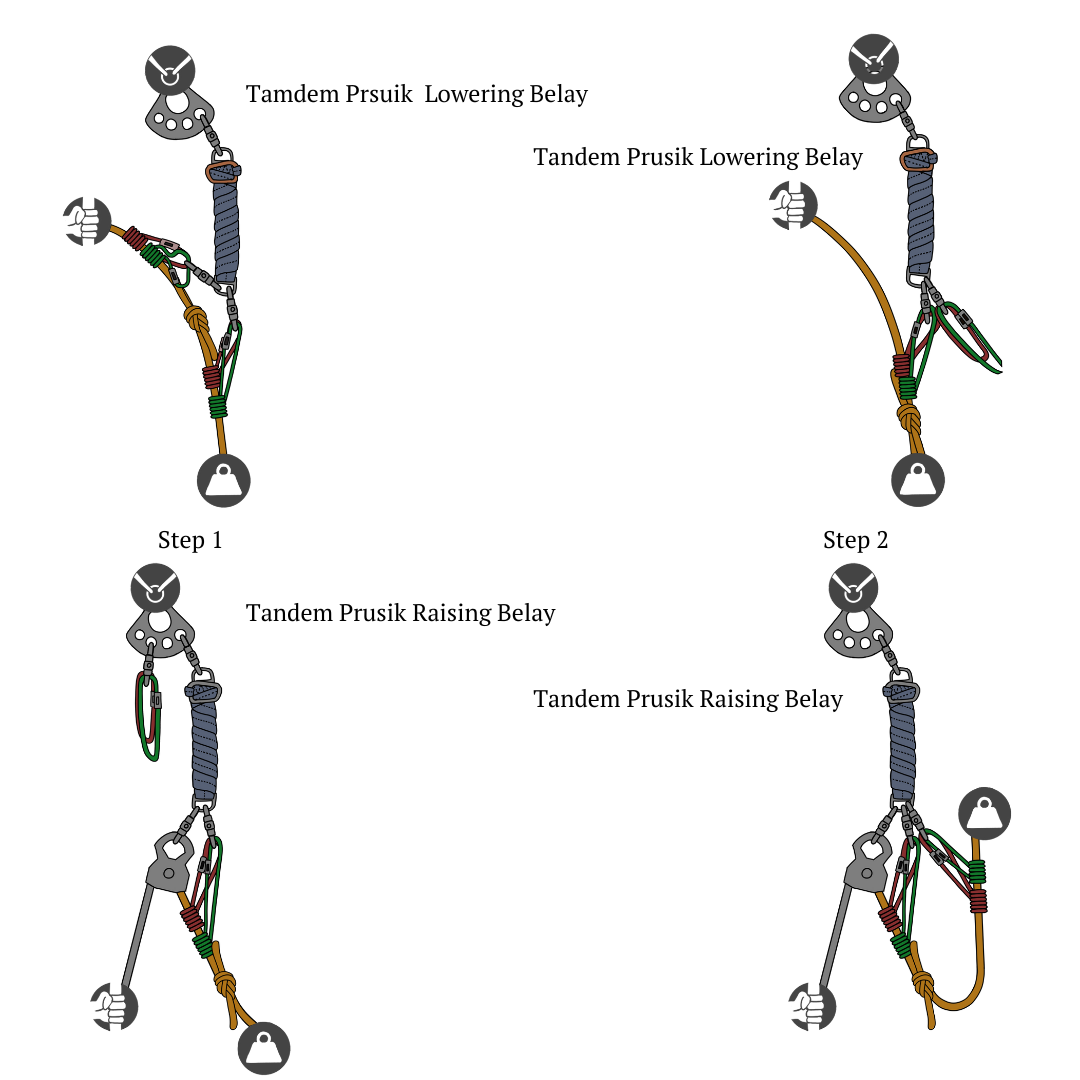
Knot Passing Through a Tandem Prusik Belay System: Essential Techniques
The Tandem Prusik Belay system is a versatile and reliable method used in both raising and lowering rope rescue operations. This system is particularly valuable
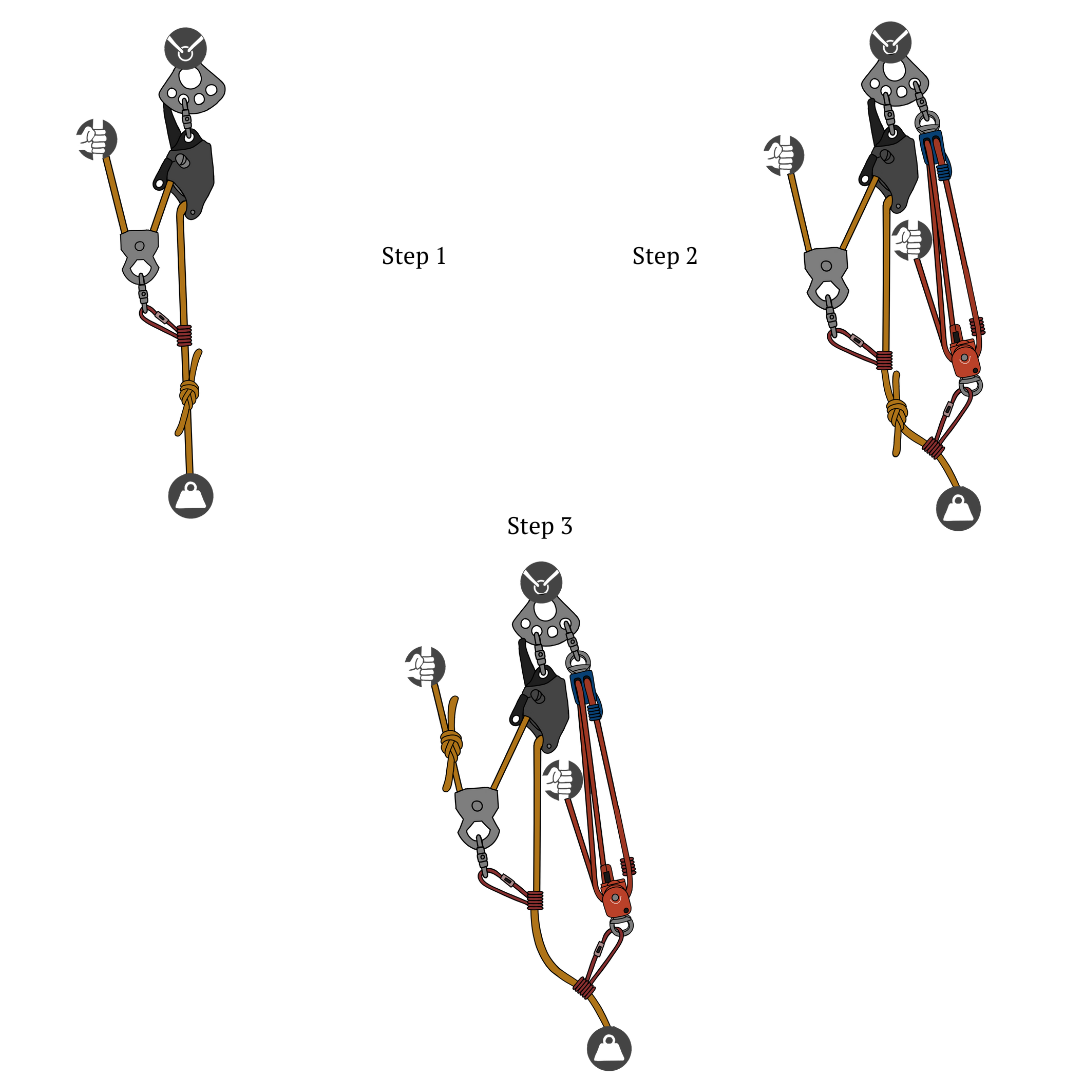
Passing a Knot with Mechanical Advantage: The Piggyback Method Explained
The Mechanical Advantage Piggyback Method is an advanced rigging technique used in rope rescue operations to manage and pass knots effectively, especially in scenarios involving






